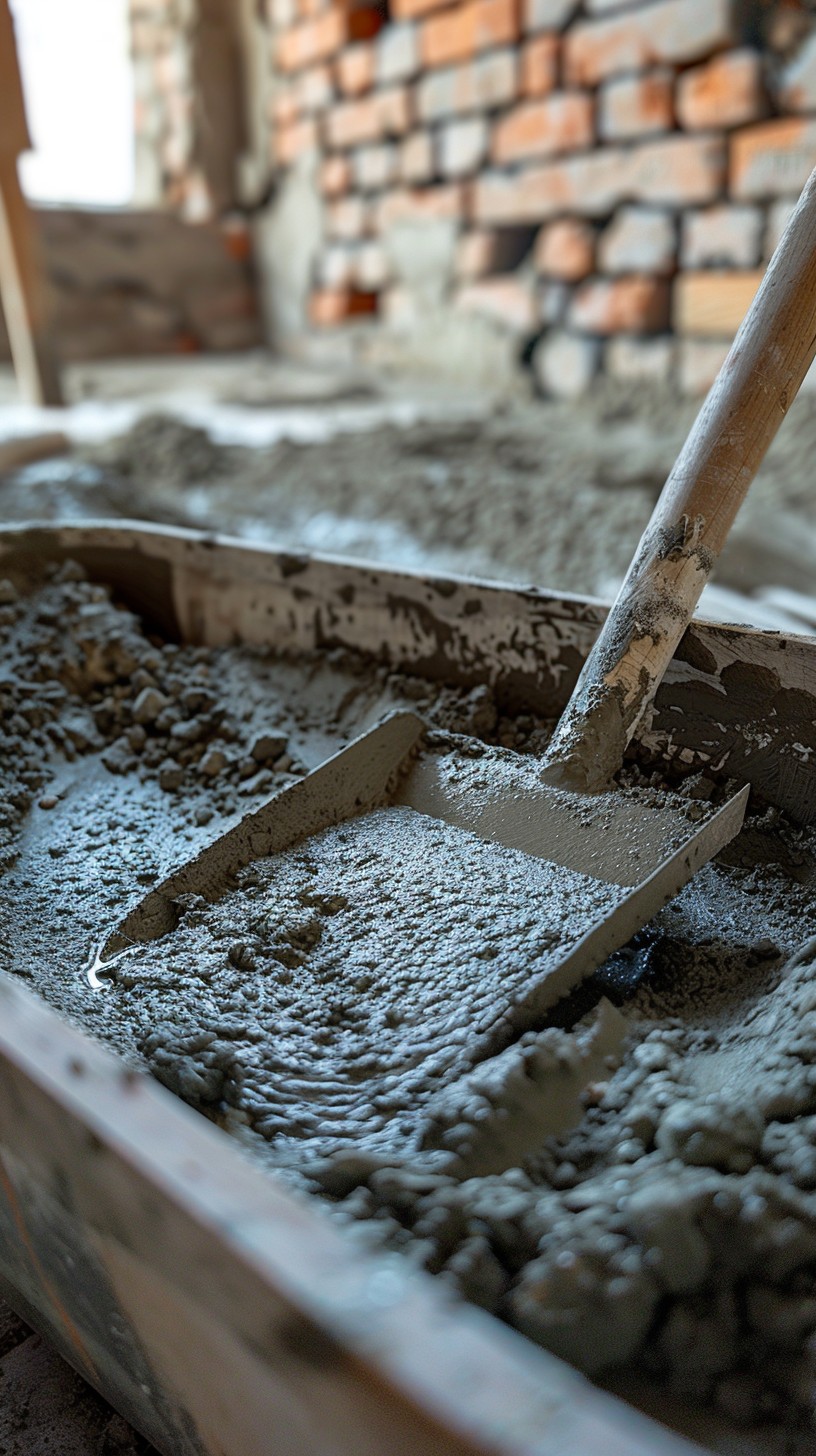This is a musing I added as an appendix to my father’s memoir.
Among Steve’s children, I had a rather unique position. Eight and a half years separate me from my older brother Mark. This meant that with Mark and Greg in college, I became my fathers laborer every Saturday from about the age of 9. This gave me a steady income from and early age ($1/hour to start) as well as 1-to-1 access to my father for 10 hours each and every Saturday. During that time we roofed, built approx. 20 fire places, and re-pointed the stone of several colonial era farm houses. Very few of our “clients” did not become “friends” and we sat in many a customer’s kitchen drinking tea and talking on a Saturday night after a day of work. I learned the value of hard work and the joy of stopping same.
I can categorically state, and I expect my brother’s would agree, that the worst job in the home improvement world is the “colonial farmhouse, dirt basement rehab”. Step 1 involves digging down 8-16” through some heavy Kingwood clay, the monotony of which was only broken up by the occasional 200-300lb rock which had to be removed, but through a narrow basement staircase – whole or in 5 gallon buckets.
Step 2 is to level and install drainage and spread 4 inches of gravel. Steve used his transit to set level, on the big day you got to
Step 3, which was to wheel concrete around this basement and to pour a whole floor, father and son, in a frantic 2 hours of back breaking for the pour, followed by 3 passes over the curing concrete. The last pass, with trowels singing loud and high, angled at more then 45 degrees because we where out on the surface a good 2 hours after anyone else would have gone home. Why? Because, working concrete when nearly dry makes the hardest, smoothest surface.
Two hundred years from now, these farm houses will be piles of loose rocks, but when the bull-dozer clearing the rubble drives on that concrete floor, its treads will leave not marks, and when it rains there will be no water puddles because a everything drains to the sump pit. I hope the dozer operator notices.

Leave a Reply